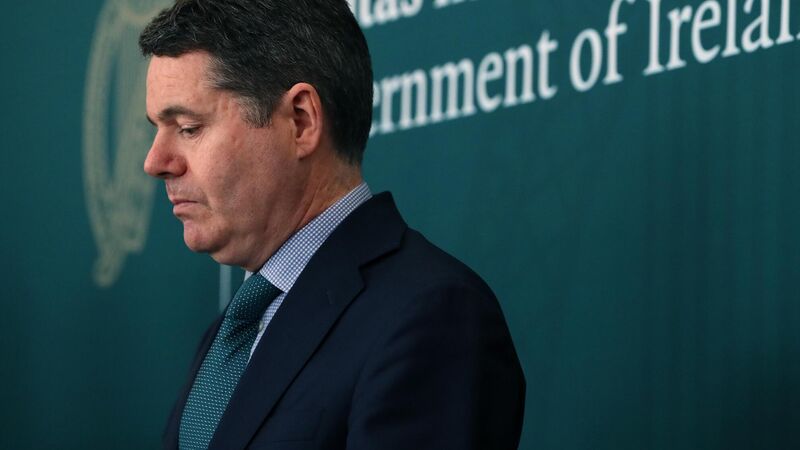Donohoe to eliminate Ireland's emergency borrowing over next two budgets

Finance Minister Paschal Donohoe said his aim is that, by 2023, State borrowing will be solely for capital expenditure rather than emergency support.
Finance Minister Paschal Donohoe has pledged to phase out Ireland’s high borrowing levels, which are being used to aid the economic recovery, over the next two budgets.
The Government envisages that from 2023 onwards its borrowing needs will solely be for regular capital expenditure purposes.














